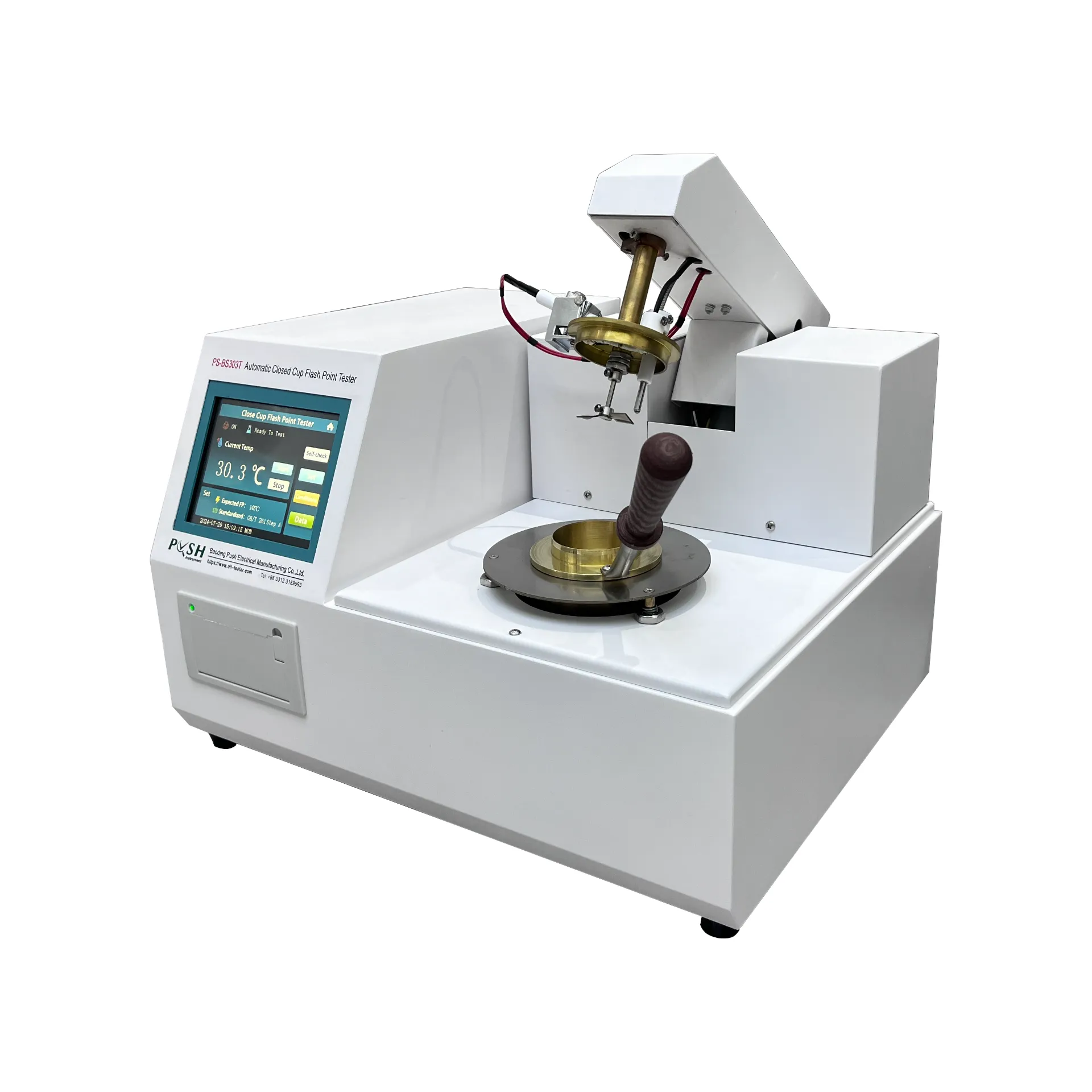 English
English



-
 Afrikaans
Afrikaans -
 Albanian
Albanian -
 Amharic
Amharic -
 Arabic
Arabic -
 Armenian
Armenian -
 Azerbaijani
Azerbaijani -
 Basque
Basque -
 Belarusian
Belarusian -
 Bengali
Bengali -
 Bosnian
Bosnian -
 Bulgarian
Bulgarian -
 Catalan
Catalan -
 Cebuano
Cebuano -
 China
China -
 China (Taiwan)
China (Taiwan) -
 Corsican
Corsican -
 Croatian
Croatian -
 Czech
Czech -
 Danish
Danish -
 Dutch
Dutch -
 English
English -
 Esperanto
Esperanto -
 Estonian
Estonian -
 Finnish
Finnish -
 French
French -
 Frisian
Frisian -
 Galician
Galician -
 Georgian
Georgian -
 German
German -
 Greek
Greek -
 Gujarati
Gujarati -
 Haitian Creole
Haitian Creole -
 hausa
hausa -
 hawaiian
hawaiian -
 Hebrew
Hebrew -
 Hindi
Hindi -
 Miao
Miao -
 Hungarian
Hungarian -
 Icelandic
Icelandic -
 igbo
igbo -
 Indonesian
Indonesian -
 irish
irish -
 Italian
Italian -
 Japanese
Japanese -
 Javanese
Javanese -
 Kannada
Kannada -
 kazakh
kazakh -
 Khmer
Khmer -
 Rwandese
Rwandese -
 Korean
Korean -
 Kurdish
Kurdish -
 Kyrgyz
Kyrgyz -
 Lao
Lao -
 Latin
Latin -
 Latvian
Latvian -
 Lithuanian
Lithuanian -
 Luxembourgish
Luxembourgish -
 Macedonian
Macedonian -
 Malgashi
Malgashi -
 Malay
Malay -
 Malayalam
Malayalam -
 Maltese
Maltese -
 Maori
Maori -
 Marathi
Marathi -
 Mongolian
Mongolian -
 Myanmar
Myanmar -
 Nepali
Nepali -
 Norwegian
Norwegian -
 Norwegian
Norwegian -
 Occitan
Occitan -
 Pashto
Pashto -
 Persian
Persian -
 Polish
Polish -
 Portuguese
Portuguese -
 Punjabi
Punjabi -
 Romanian
Romanian -
 Russian
Russian -
 Samoan
Samoan -
 Scottish Gaelic
Scottish Gaelic -
 Serbian
Serbian -
 Sesotho
Sesotho -
 Shona
Shona -
 Sindhi
Sindhi -
 Sinhala
Sinhala -
 Slovak
Slovak -
 Slovenian
Slovenian -
 Somali
Somali -
 Spanish
Spanish -
 Sundanese
Sundanese -
 Swahili
Swahili -
 Swedish
Swedish -
 Tagalog
Tagalog -
 Tajik
Tajik -
 Tamil
Tamil -
 Tatar
Tatar -
 Telugu
Telugu -
 Thai
Thai -
 Turkish
Turkish -
 Turkmen
Turkmen -
 Ukrainian
Ukrainian -
 Urdu
Urdu -
 Uighur
Uighur -
 Uzbek
Uzbek -
 Vietnamese
Vietnamese -
 Welsh
Welsh -
 Bantu
Bantu -
 Yiddish
Yiddish -
 Yoruba
Yoruba -
 Zulu
Zulu
transformer oil testing
Transformer oil testing is an essential process for maintaining the health and efficiency of electrical transformers
. Drawing on years of hands-on experience in the field, it becomes clear why this practice holds such critical importance. Transformer oil, being a vital component of the system, serves both as an insulator and a coolant, protecting the transformer’s internals from overheating and electrical surges. When this oil degrades, it risks causing operational inefficiencies that could lead to costly failures.
Analyzing transformer oil typically involves a series of tests that offer insight into the condition of the oil and, by extension, the transformer itself. These tests include measuring moisture content, dielectric breakdown voltage, and dissolved gas analysis (DGA). Each parameter provides unique data that informs maintenance decisions and enhances the longevity of the equipment. For example, moisture in the oil can significantly reduce its insulating capabilities, potentially leading to short circuits. Thus, monitoring and maintaining optimal moisture levels through regular testing ensures transformers operate safely and reliably.
Expertise in transformer oil testing is not just about conducting tests; it involves interpreting complex data to make informed decisions. Laboratories and professionals specializing in this area utilize sophisticated equipment and methodologies to provide accurate readings. Advanced techniques, such as chromatography for DGA, allow for the precise detection of gas types and concentrations, which could indicate overheating faults or arcing within the transformer. Such detections help in taking preemptive action before a minor issue escalates into a major failure.

Authoritativeness in transformer oil testing comes from both long-standing industry involvement and continuous education. Professionals keep abreast of the latest advances in testing technologies and methodologies, which reinforces their capability to provide authoritative advice. This includes understanding emerging trends, such as the impact of new insulation materials on oil lifespan and the adoption of digital monitoring systems that allow for real-time data acquisition and analysis.
Trustworthiness is the cornerstone of any successful engagement in transformer oil testing services. Companies offering these services must establish robust protocols to ensure data accuracy and reliability. Clients rely on test results to make critical operational decisions, underscoring the importance of delivering results with the highest level of integrity and consistency. Transparency in reporting and a commitment to ethical practices solidify the trust placed in these services and are fundamental attributes sought by clients across industries.
To encapsulate, transformer oil testing is a multidisciplinary field that combines engineering expertise, scientific analysis, and industrial experience. Its role in maintaining the reliability and safety of electrical transformers is indispensable. Whether it’s through regular testing schedules, employing cutting-edge diagnostic technologies, or adhering to strict ethical standards, the goal remains the same to ensure the efficient operation of transformers and prevent costly downtime. By placing a premium on experience, expertise, authoritativeness, and trustworthiness, the transformer oil testing industry not only safeguards infrastructure but also pioneers new pathways in electrical maintenance and reliability.
-
Testing Equipment Industry Sees Major Advancements in 2025: Smart & Precision Technologies Lead the WayNewsJun.06,2025
-
Applications of Direct Current Generators in Renewable Energy SystemsNewsJun.05,2025
-
Hipot Tester Calibration and Accuracy GuidelinesNewsJun.05,2025
-
Digital Circuit Breaker Analyzer Features and BenefitsNewsJun.05,2025
-
Benefits of Real-Time Power Quality Monitoring Devices for Industrial EfficiencyNewsJun.05,2025
-
Earth Fault Loop Testing in High-Rise Building Electrical SystemsNewsJun.05,2025



